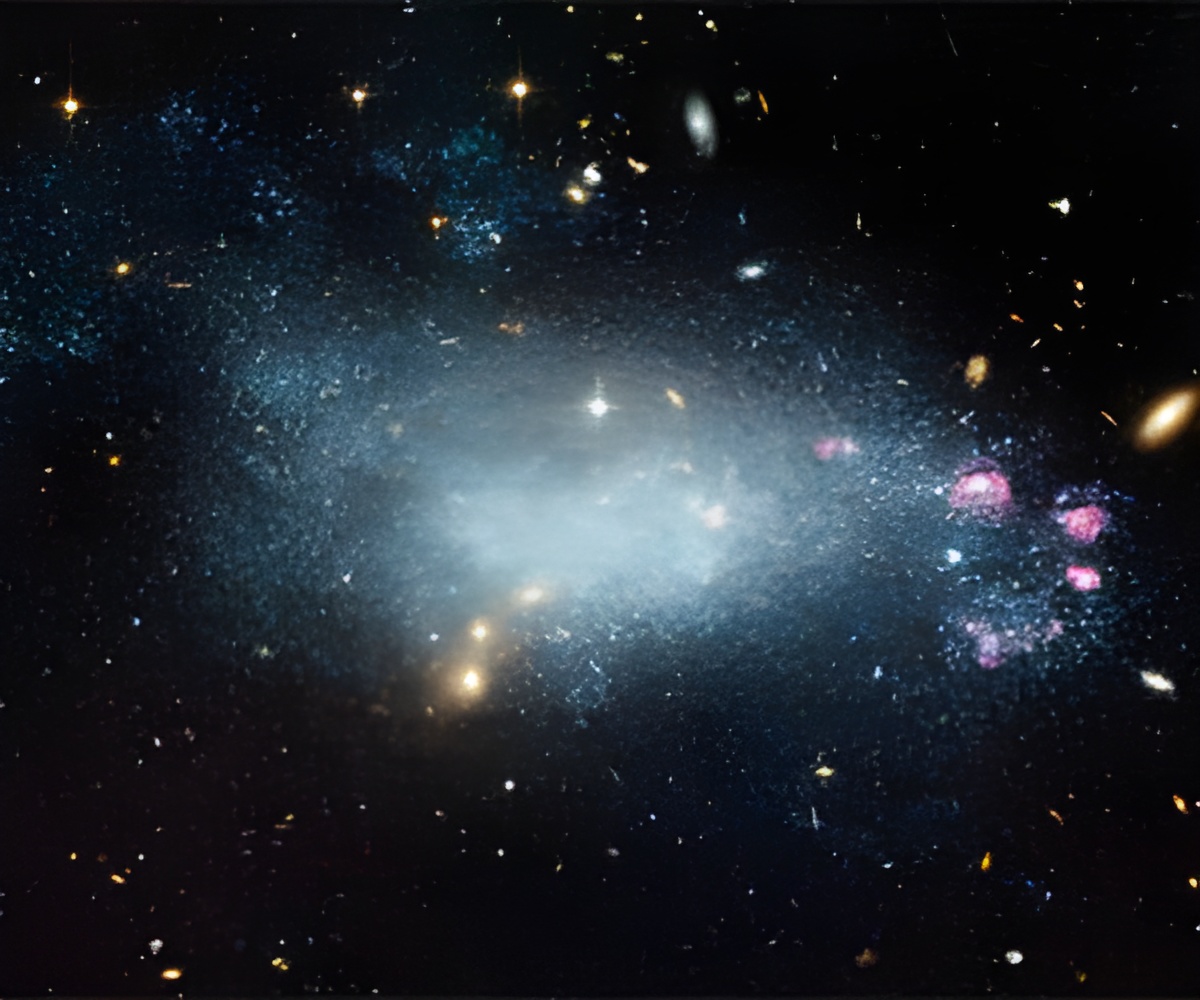Astronomers may now be able to detect exoplanets that are stretched out by the gravity of the stars they orbit.
Astronomers may now be able to detect exoplanets that are stretched out by the gravity of the stars they orbit. This discovery could give the scientists a new insight into the properties of Earth-like planets as a whole.
The team led by Prabal Saxena of George Mason University, modeled cases where the planets are in orbit close to small red dwarf stars, much fainter than the Sun, but by far the most common type of star in the galaxy. The planets' rotation was similar to how the Moon moves around the Earth; so the worlds keep the same face towards the stars they orbit. The distortion of the planets should be detectable in transit events, where the planets move in front of their stars and blocks out some of their light.
The subtle signals from stretched rocky planets could be found by some current telescopes, and by powerful observatories like the James Webb Space Telescope (JWST) and the European Extremely Large Telescope (E-ELT) that are due to enter service in the next few years.
This study is published in the journal Monthly Notices of the Royal Astronomical Society.
Source-Medindia










